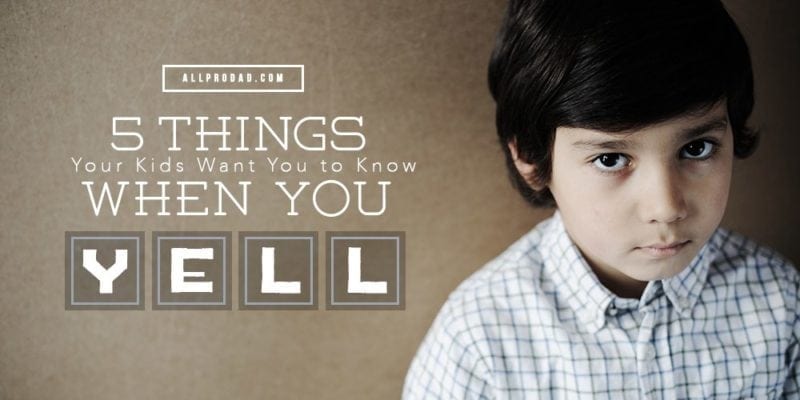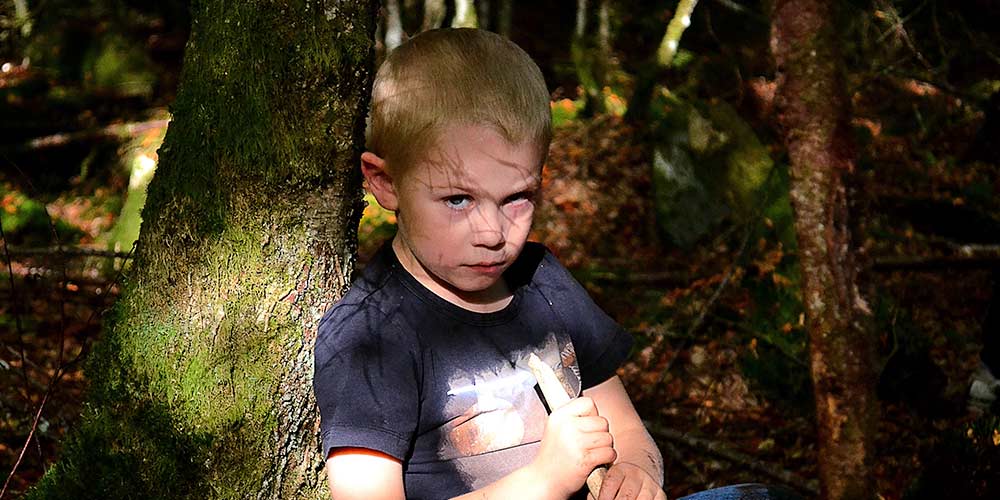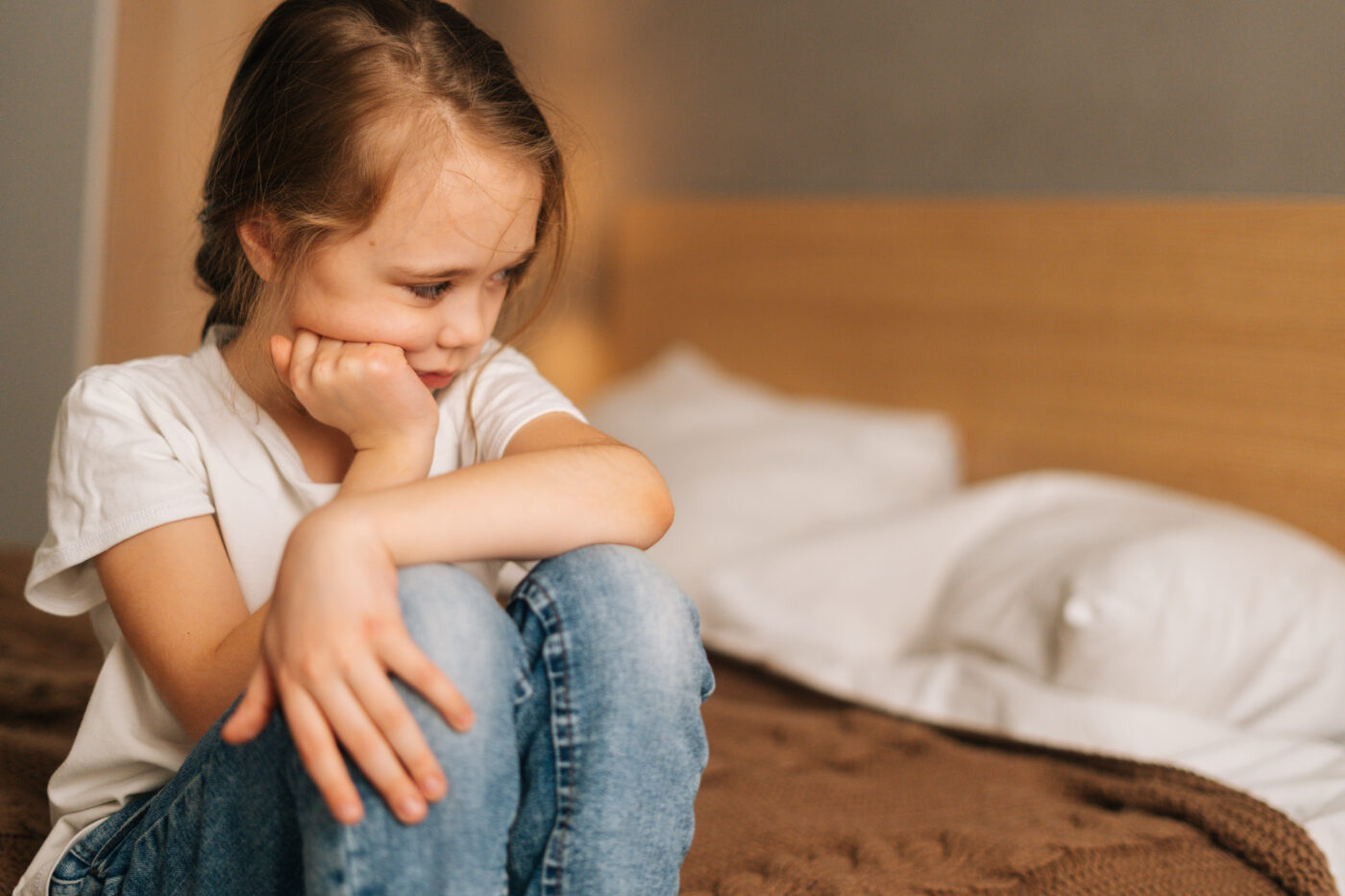My family and I were at Disney’s Magic Kingdom watching the parade and having a great time. When the parade ended, we started to head over to the Winnie the Pooh ride— my daughter’s favorite. As we started to work our way through the intense crowd, my son flipped out, saying he didn’t want to do the Pooh ride. We tried to talk him into it, but the more we talked the more upset he became. Finally, we got frustrated because we had just ridden several of his favorite rides and felt like he was being selfish toward his sister. I looked down at him to scold him and saw him anxiously looking at the crowd all around him and the even more intense crowd in our path. It occurred to me at that moment that crowds create heightened anxiety in my son. I told my wife and we found an open area to sit for a minute. When the crowd cleared a bit, we went to the Pooh ride without incident.
The world feels unsafe for children. Many times they act out which can seem like selfishness or a bad attitude. However, they may also be reacting due to deep anxiety. Once you know the cause of a problem, you are able to address it. Here are 10 ways to curb anxiety in children.
1. Know the signs
According to physicians, anxiety disorders are the most common mental illness in the United States. Symptoms include a racing or pounding heart, heaviness in the chest, difficulty breathing, body shakes, and clammy hands.
2. Know the definition
Webster’s defines anxiety as “an abnormal and overwhelming sense of apprehension and fear often marked with physiological signs.” Anxiety occurs occasionally within all children. “There is a monster under my bed.” “I’m scared to take my math test.” etc. are all perfectly normal. But if your child is constantly afraid of everything, take note.
3. Research answers
When your child’s anxiety begins to dictate his behavior, it is time consult with your physician. In some cases, anxiety can lead to depression. Research the warning signs and act on them when necessary.
4. Don’t micro-manage
Micro-managing every single detail of your child’s activities can create anxiety. If he seems to be walking on egg shells in your presence, you are being too controlling. A parent must allow for some autonomy and independence.
5. Dial down family conflict
Studies show that children who regularly hear parents arguing and fighting can develop high levels of anxiety. What might be a benign disagreement can sound like the end of the world to young ears. Be careful what is said and how it is said when your children are around.
6. React calmly
When your son or daughter comes to you overly-excited or upset, respond in a calm manner. Reacting with excessive concern or anger will only heighten the stress. Keep your cool and ease the tension.
7. Set clear boundaries
As stated earlier, parents can be too controlling. However, they can also be too permissive. If a parent makes no attempt to control, it will lead to confusion and stress. Set clear boundaries and household rules for the expectations of behavior.
8. Provide security
You are the protector, so make sure you are on the job. “Daddy, there is a spider in my bed!” “Dad, what if somebody breaks into our house?” “Dad, what if you and Mommy break up?” Always be comforting when called for. Children crave security. Provide it.
9. Be strong
It is important to limit signs of your own anxiety and worries. Your children will pick up on it and become stressed as well. Discuss your issues in private with your spouse. At the same time, it’s OK for you to occasionally share a concern with your kids and ask them to pray for you. Model how to appropriately handle anxiety.
10. Emphasize faith
Many studies have shown that faith and prayer lead to greatly reduced levels of anxiety. Knowing that God is always in control helps take a lot off a family’s shoulders. Whenever someone gets freaked out about something, encourage her to pray about it.
A child acting out may be doing so out of selfishness or a bad attitude. Or, it could be deep anxiety. Once you know the cause of a problem, you are able to address it.
Sound off: How do you deal with anxiety in children?
Check out the All Pro Dad team discuss the best ways to help our kids with anxiety in this podcast:











Huddle up with your kids and ask, “What are you most afraid of?”